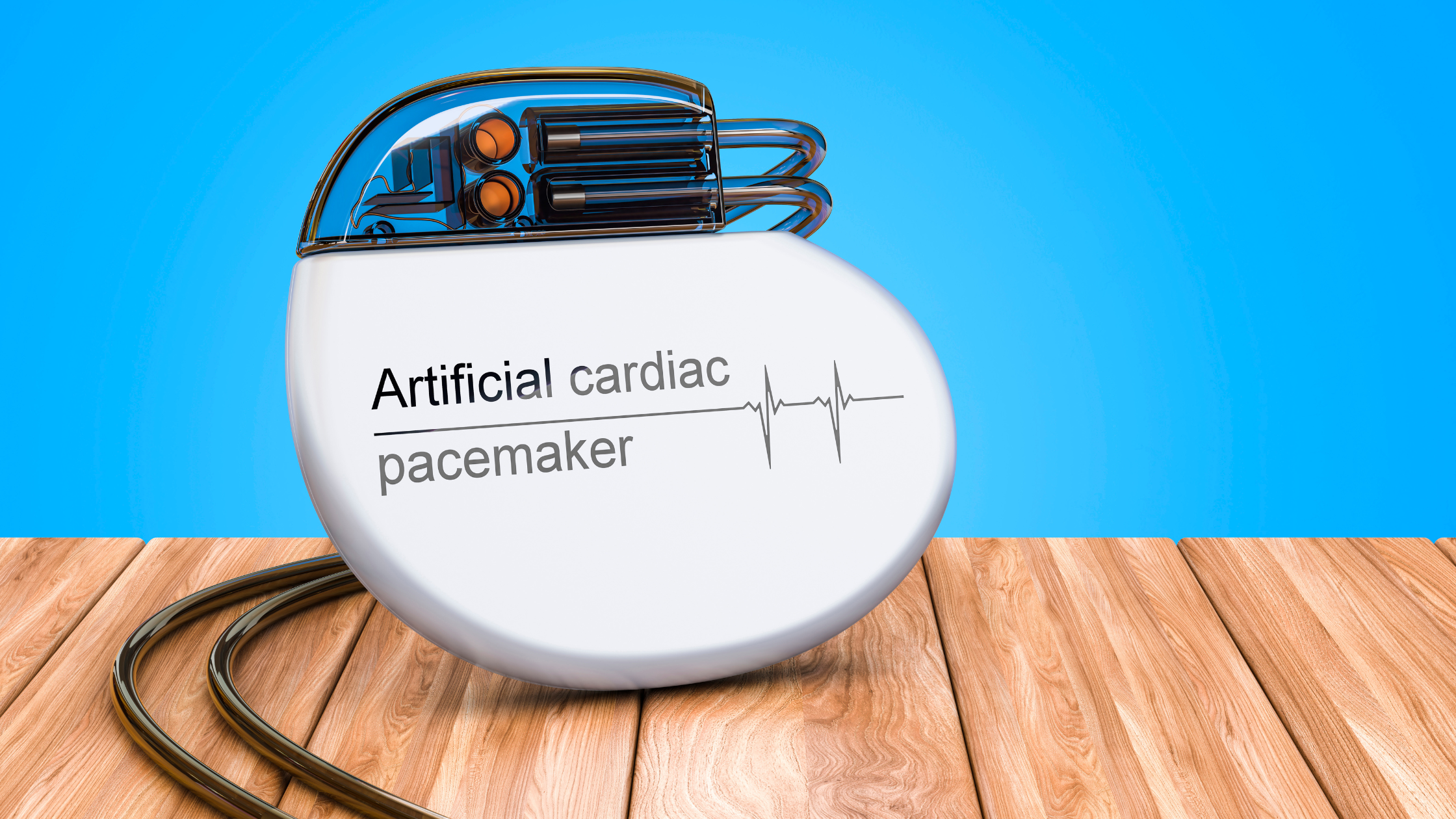
23 Nov Basic Guide for Pacemaker Implant For a Healthy Heart
A pacemaker is a small device that is implanted under the skin (most often in the shoulder area just under the collarbone) it ends electrical signals to start or regulate slow heartbeat. Some are permanent (internal) and some are temporary (external).They can replace a defective natural pacemaker or blocked pathway
India offers World Class Medical Facilities, comparable with any of the western countries. India has state of the art Hospitals and the best qualified doctors. With the best infrastructure, the best possible Medical facilities, accompanied with the most competitive prices, you can get the treatment done in India at the lowest charges. A patient will come to India where he will undergo medical treatment and along with that he can visit any Indian tourist destinations, as and when advised by the Doctors.
An implant may also be done to treat fainting spells (syncope), congestive heart failure and hypertrophic cardiomyopathy. A pacemaker is nothing but an electronic device that has the capacity to send small electrical impulses to the heart muscle to maintain a suitable heart rate. It also stimulates the lower chambers of the heart known as ventricles.
Pacemaker is an effective treatment to facilitate proper functioning of the heart.Pacemaker is that it is able to gauge the heart rate. If a person indulges in increased physical activity, his/her heartbeat will ideally increase. In such a case, for a person with a pacemaker implant, the machine is able to adjust its pace according to the individual’s need and provide an impulse with appropriate frequency
There are two ways to implant pacemaker viz; single chamber pacemaker and dual chamber pacemaker. In the former type of one lead is used in the upper or lower chamber of the heart. Whereas in the latter type one lead is used in the upper chamber and one lead in the lower chamber of the heart.
Well, here are a few precautions to be taken if your cardio-surgeon has advised for this process. As a patient of this, you should take care to inform the doctor about any kinds of medication you are taking. He/She may advise you to discontinue some, while monitor the use of some just before the implantation. Patients are generally advised not to eat, drink or chew anything after 12 midnight before the heart pacemaker implant. When brushing your teeth, do not swallow any water.
There are also some after effects that are common in the process. A patient that has just undergone Heart Surgery may feel discomfort at the pacemaker implant site during the first 48 hours. Of course, the doctor would give you medications for pain relief. However, always inform your doctor or nurse if your symptoms are prolonged or severe after the implantation.

No Comments